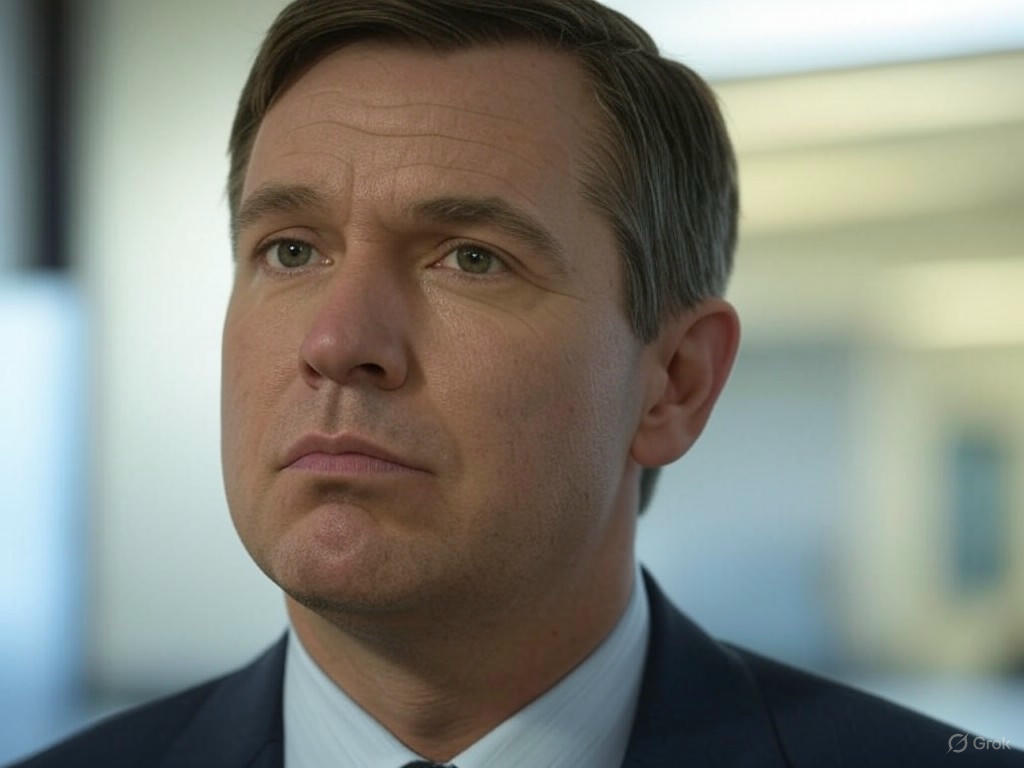Navigating Political Storms: Vance Weighs in on Musk-Trump Feud
In the ever-evolving landscape of American politics, unexpected alliances and rivalries often steal the spotlight. Recently, a public clash between tech titan Elon Musk and former President Donald Trump has captured widespread attention, prompting Vice President JD Vance to step into the fray with a nuanced perspective. Vance, known for his measured rhetoric, has publicly cautioned Musk against targeting Trump with a series of scathing social media posts, calling the billionaire’s approach a misstep. At the same time, Vance has attempted to temper the situation, suggesting that the conflict may not be as severe as it appears on the surface.
The rift between Musk and Trump, two larger-than-life figures who once seemed aligned on certain political and economic fronts, has unfolded dramatically in the digital arena. Musk, who commands a massive online following, has not held back in his criticism of Trump, airing grievances that appear to stem from personal and ideological differences. While the exact trigger of this falling out remains speculative, some analysts point to Musk’s unpredictable stances on policy issues and Trump’s unyielding loyalty to his base as potential catalysts. This public spat has raised questions about the fragility of political partnerships in an era where social media can amplify disagreements to a global audience within seconds.
Vance, speaking in a recent interview, expressed concern over Musk’s aggressive tactics, warning that such attacks could alienate key supporters and create unnecessary divisions within conservative circles. ‘I think Elon is making a significant error by taking this route,’ Vance remarked, emphasizing the importance of unity among influential figures who share overlapping goals. However, he was quick to soften the critique, suggesting that the feud might be more of a momentary flare-up than a deep-seated rift. His comments reflect a balancing act—acknowledging Musk’s right to voice his opinions while subtly defending Trump’s legacy and influence. Vance’s approach highlights his role as a mediator, aiming to prevent further escalation while maintaining diplomatic ties with both parties.
This incident underscores broader themes in today’s political environment, where personal egos, public platforms, and policy disputes often collide with unpredictable consequences. Musk’s outspoken nature, paired with Trump’s combative style, creates a volatile dynamic that could impact their respective spheres of influence. For Vance, navigating this storm is a delicate task, as he seeks to preserve cohesion among key players in the political and business realms. The vice president’s measured response also signals a broader strategy of de-escalation, potentially aiming to refocus attention on shared objectives rather than personal grievances.
As the dust settles, the Musk-Trump feud serves as a reminder of how quickly alliances can shift in the high-stakes world of politics. While Vance’s intervention may not resolve the underlying tensions, it offers a glimpse into the complex interplay of power, personality, and public perception. For now, observers can only watch as these titans chart their next moves, with the potential for reconciliation or further conflict hanging in the balance.


